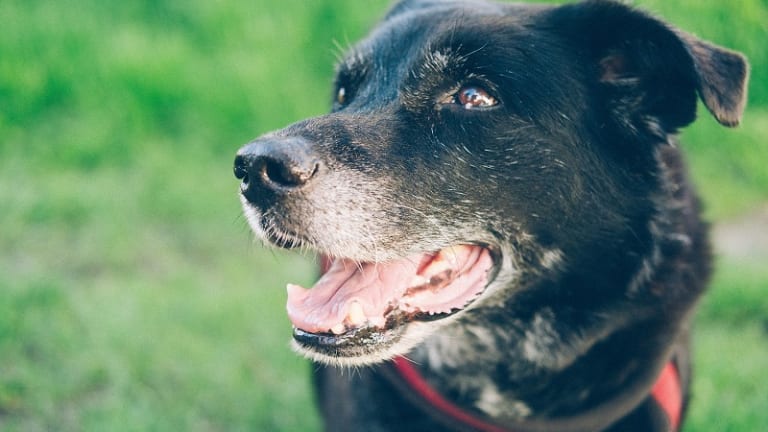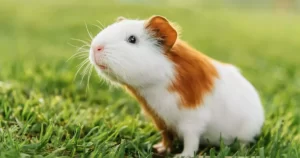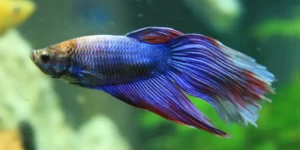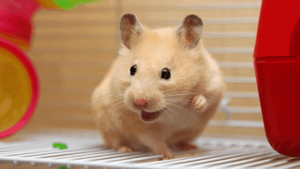Do Dogs go through menopause?
No, dogs do not go through a menopause process similar to women. Menopause is a natural stage of a woman’s life where menstruation and reproductive capacity come to an end. It is a specific hormonal process that occurs in women as they age.
In the case of dogs, especially females, they go through a period called the estrous cycle, which is the equivalent of the menstrual cycle in women. During the estrous cycle, females experience hormonal changes that make them sexually receptive and fertile for reproduction.
It is important to note that, like women, female dogs undergo hormonal changes as they age. As a female dog gets older, there may be a gradual decrease in fertility and an increase in irregularity in the estrous cycles. However, this cannot be directly compared to human menopause.
Keep reading about: Dogs go through menopause
Some older female dogs may experience a period called anestrus, which is an extended interval between estrous cycles. During anestrus, the female dog does not show signs of being in heat (a period of sexual receptivity) and is not capable of reproduction. However, this does not mean they have undergone a proper menopause.
In summary, unlike women, dogs do not go through a menopause process. They have estrous cycles throughout their reproductive lives and may experience hormonal changes as they age, but there is no defined period of reproductive cessation like in human menopause.
However, it is important to note that aging affects dogs in different ways. Just like humans, older dogs may experience hormonal and physical changes as they age. These changes may include a decrease in the production of reproductive hormones such as estrogen and progesterone in females.
Additionally, some older females may experience behavioral changes during the estrous cycle. They may have irregular cycles, longer intervals between cycles, or even missed cycles. This can be a result of hormonal fluctuations and aging of the reproductive system.
Read more about pets.
Read more about pet food.




